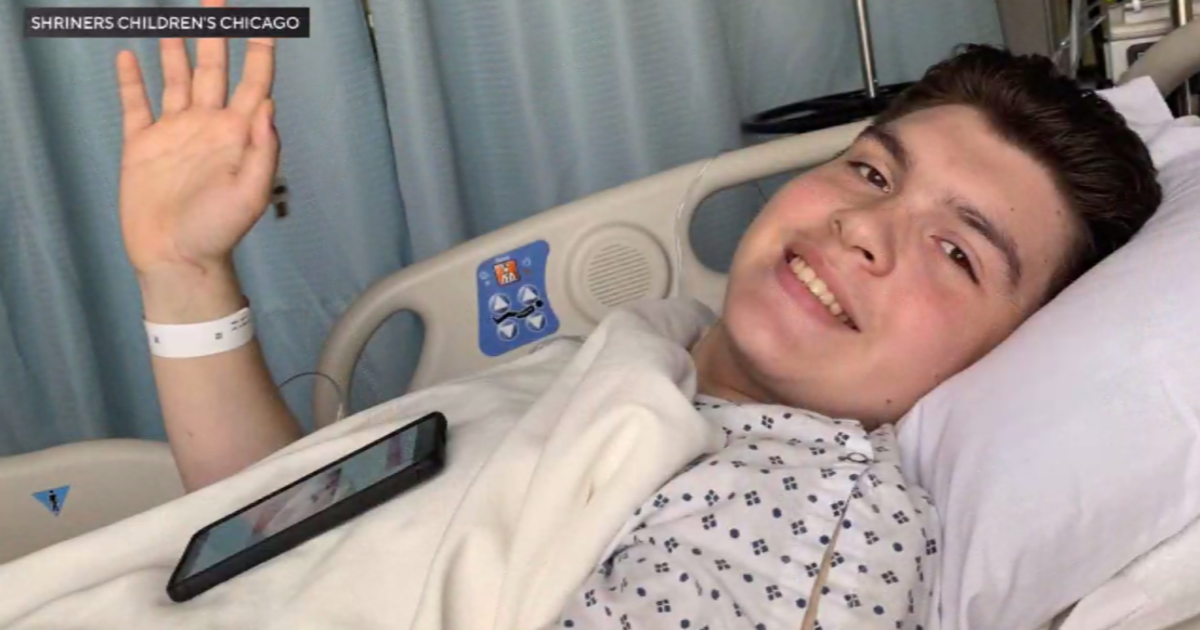Controversial Approach Calls For Delaying Treatment For Some Forms Of Breast Cancer
(CBS) --- You get a diagnosis of breast cancer, your first feeling is fear and wanting to get treatment over with. But now, some doctors are saying maybe not. As Roseanne Tellez reports, there's a new approach called watchful waiting.
After a routine mammogram three years ago, 52-year-old Barbara Mann was diagnosed with ductal carcinoma in situ, the earliest form of breast cancer.
"The initial reaction was, 'Get this out of my system,'" she said.
DCIS accounts for up to 25 percent of breast cancers. Mastectomies or lumpectomies have become the standard treatments
Surgeon Laura Esserman of the University of California, San Francisco, is considered a pioneer of the "active surveillance" or "watchful waiting" treatment for breast cancer. She monitors patients with low-grade DCIS with screenings and medication for six months without surgery.
"Part of the personalization of medicine and breast cancer is not just to do more for those who need it but to do less for those that don't," said Esserman
If DCIS shows little or no growth, patients can avoid more aggressive treatment, which has worked so far for Barbara.
"It was just an immense relief," she said.
A study of more than 100,000 women with DCIS found aggressive treatments do not reduce breast cancer mortality rates.
"When time is not of the essence, when it's not an emergency, you can offer different options and you can give people a chance to kind of get a better sense for how is my tumor behaving?," Dr. Esserman said.
But the American Cancer Society says studies suggest about one-third or more of DCIS cases will progress to invasive cancer if left untreated. The challenge is pinpointing which types of DCIS are most likely to worsen.
Kristin Orrantia's mother died from breast cancer and knew she was at high-risk when she was diagnosed with DCIS. Watchful waiting was not for her. She chose a double-mastectomy.
"I don't have to go in for the every six months active surveillance and have the worry and the anxiety and the stress of, 'Am I going to end up like my mom?'" she said.
Dr. Esserman's approach is controversial, but she hopes it will lead cancer treatment into a better future.
There are 60,000 women a year diagnosed with DCIS. Dr. Esserman says they should consider all their options including joining clinical trials.



